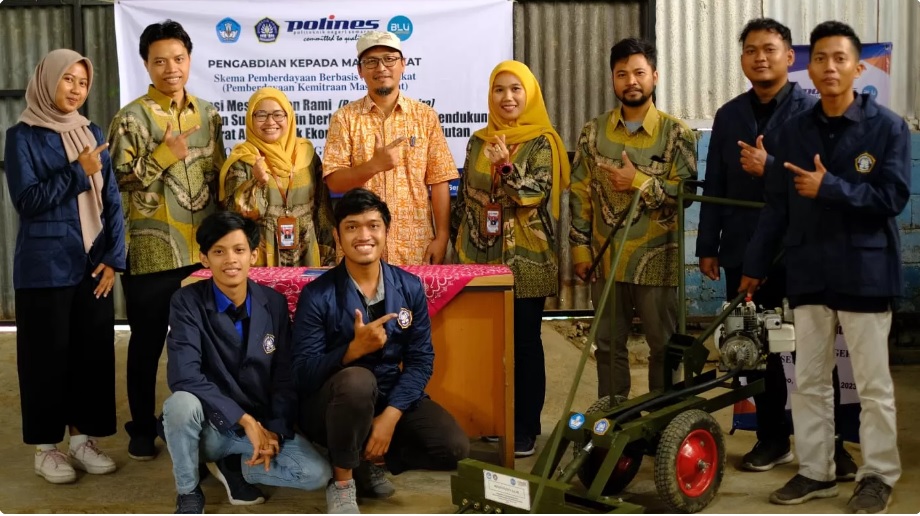SEMARANG – The Hemp plant (Boehmeria nivea) is a fiber with the potential to replace cotton fiber as a textile raw material because this plant has the properties and characteristics of cotton fiber.
The increasing use of natural fibers for reasons of sustainability means the demand for hemp fiber commodities is increasing. The world's need for hemp fiber is estimated to reach 1 million tons/year, where Indonesia has the potential to meet 20% of this need.
Hemp fiber can be processed into basic materials for making home decorations up to higher end uses such as bullet-proof material composites, textiles, soundproof composites and implant material composites. One of the business actors developing hemp fiber is UKM Rabersa which is based in Gandok Village in Wonosobo Regency.
UKM Rabersa is one of the hemp fiber producers that operates from upstream to downstream starting from planting to producing semi-finished fiber which can be used for subsequent products. Hemp fiber production at UKM Rabersa is carried out through community empowerment as partners (supply chain method).
Politeknik Negeri Semarang (Polines) service team consists of Farika Tono Putri ST MT (Lecturer, Department of Mechanical Engineering, Team Leader) with members Ragil Tri Indrawati ST MT and Rizkha Ajeng Rochmatika ST MT and assisted by 3 students as a form of implementation of Merdeka Belajar Kampus Merdeka (MBKM) carries out community service in Wonosobo, especially at UKM Rabersa. The assistance provided is in the form of the application of Appropriate Technology (TTG) in the form of grass harvesting machines and the implementation of supply chain management through IoT-based capable data collection as a strategy to increase productivity.
The management of the hemp business carried out by Wibowo Ahmad as the owner of UKM Rabersa has so far been carried out conventionally. In the production sector, this is the inability of partners to increase harvest productivity. This is because the harvesting process is carried out using a conventional system without the help of TTG. In the supply chain management aspect, namely business management has not yet implemented a digital and accessible data collection system. The limited knowledge and capabilities of Rabersa SMEs are still limited to conventional systems.
This community service is a Community Based Empowerment scheme within the scope of Community Partnership Empowerment (PKM) funded by the Academic Directorate of Vocational Higher Education, Directorate General of Vocational Education, Ministry of Education, Culture, Research and Technology for Fiscal Year 2023. The Activity Program starts from June to December 2023 aims to help overcome the problems faced by partners and increase the production power of SMEs.
Achievements of PKM activities include:
hemp harvesting machine with specifications. The driving machine uses a 4 stroke petrol motor, 2400 RPM driving rotation, transmission using a flexible shaft and the harvest knife uses a 2 blade rotary type.
Apart from that, an IoT-based supply chain management system was also created through a website that can connect 555 partners spread across 20 villages. As well as increasing partner knowledge through training in the use of hemp harvesting machine technology and supply chain management systems. (Sgi)
Source: krjogja.com

